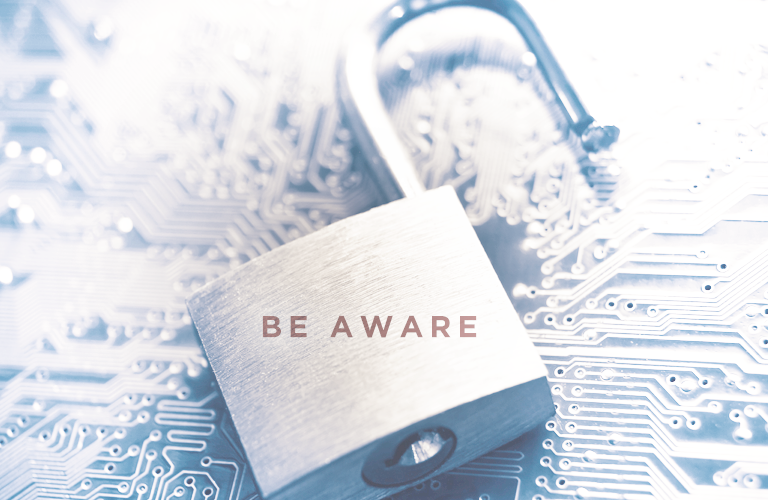In September 2017, computer hackers breached Equifax’s data. It is estimated that roughly 143 million Americans may be affected by this breach, including social security numbers, addresses, and other consumer personal information. This is the second largest data breach is United States history as Yahoo’s recent breach of personal accounts effected roughly 1 billion people throughout the world. However, it is likely the largest data breach involving social security numbers.
What can you do?
1. Consider LifeLock, ID Shield, or another program that monitors credit reporting. Credit Karma is another service that sends you monthly detailed credit scores and fluctuations. Also, some credit cards (Discover for example) and banks provide free credit monitoring for their customers.
2. Equifax has established a company website where people can check to see if their personal information may have been breached. Equifax urges users to only use this website from a secure connection, preferably one that is encrypted.
- https://www.equifaxsecurity2017.com
- Click on the “Potential Impact” tab and enter your last name and the last six digits of your Social Security number. The site will tell you if you “may have” been affected by this breach.
- Note!
- Do not be too alarmed if you go through the Equifax check and it says you “may have” been breached as 143 million Americans are on that list. Therefore, your odds are high. Also, this does not mean anyone has used your information or you have been damaged.
- Equifax mistakenly was directing consumers to the wrong website, securityequifax2017.com, which is not an Equifax website and likely not secure. Do not use this website!
3. Equifax is also providing complimentary identity theft protection and monitoring through TrustedID Premier.
- In order to enroll, see https://www.equifaxsecurity2017.com/enroll/
- Note!
- The free enrollment period ends November 21, 2017.
- If you sign up for this free service there is a class action lawsuit waiver in the fine print only as it relates to the vendor providing this free service, Trusted ID. This should not prevent a consumer from suing Trusted ID individually should they harm you in the future but will waive your ability to sue them in the future as part of a class action lawsuit. It also does not prevent you from joining a class action lawsuit against Equifax, or any other entity, if you have been harmed by the recent cyber-attack. If this is concerning to you consider the other options set forth herein.
4. Experian is also offering free credit monitoring to all United States consumers for 1 year.
5. Equifax has call centers for consumer inquiries. The toll free number is 866-447-7559.
6. You can also do a credit freeze (which is currently free) that prevents anyone from using your information (note – including you) to pull your credit.
7. If you believe your personal information was breached and someone used it causing you harm you should immediately contact Equifax and also consider consulting a licensed attorney in your area.
***BE AWARE! It is very important that if you sign up for any of these services to be aware of scammers. For example, if anyone asks for your personal information (social, etc.) over the phone be advised that there are scammers who are calling consumers who sign up for these services acting as an agent for the Federal Trade Commission, Equifax, and other entities, in order to get you to divulge your personal information.
- For a synopsis of this and other related scams see https://www.cbsnews.com/news/equifax-data-breach-credit-freeze-phishing-other-scams/
